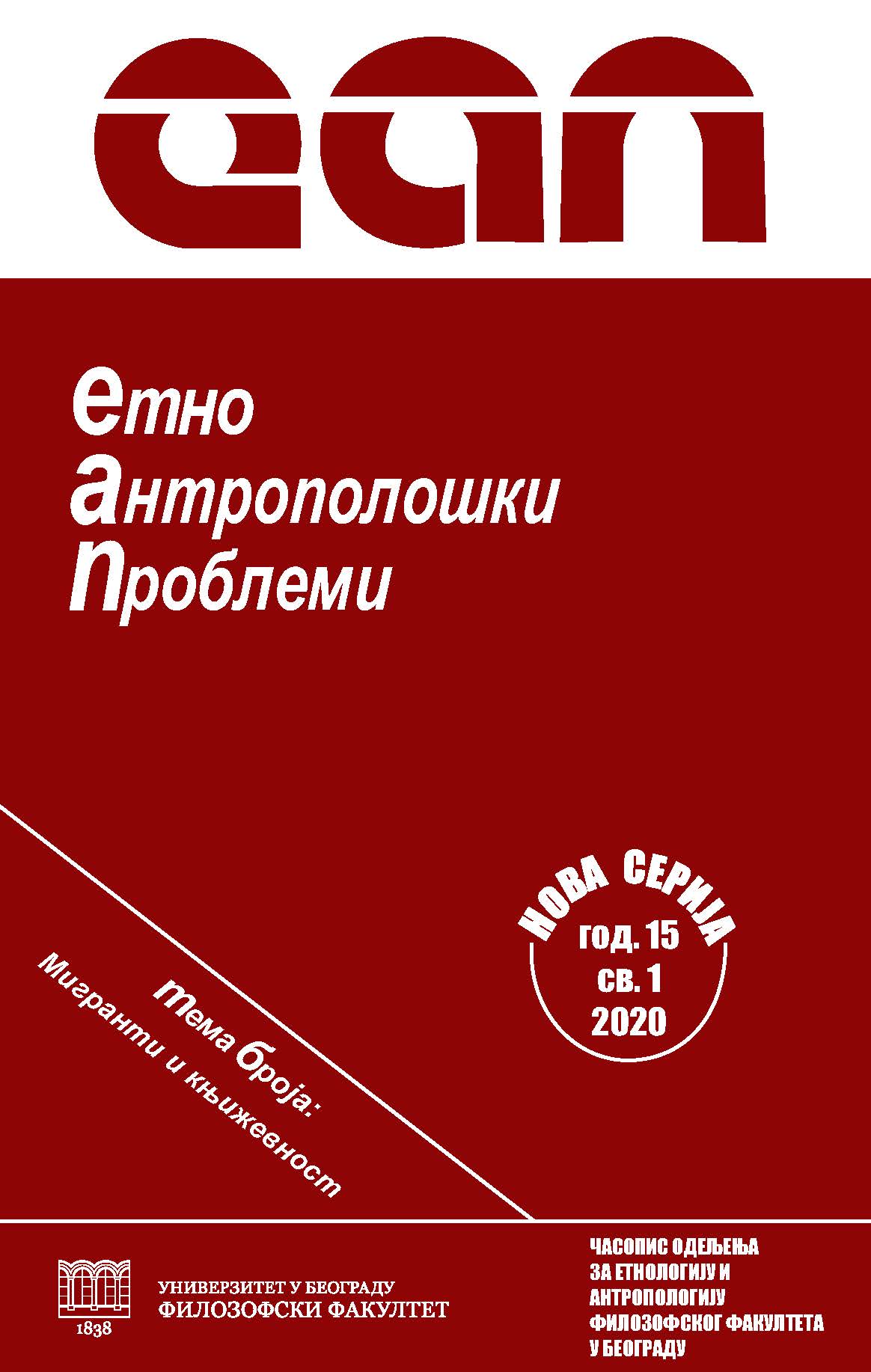Na pogrešnom koloseku osećam se dobro:
Milutin Doroslovac – Milo Dor
I Feel Well on the Wrong Track: Milutin Doroslovac – Milo Dor
Author(s): Gordana Ilić MarkovićSubject(s): Language and Literature Studies, Austrian Literature
Published by: Филозофски факултет, Универзитет у Београду
Keywords: literature in a non-native language; Milo Dor; the writer as translator; multilinguality; literature
Summary/Abstract: That a writer should change the language in which he writes, or that he or she should write from the start in a non-native language, is an increasingly common phenomenon. Economic migrations in the latter half of the 20th century, intensified in the 1990s by migrations due to political conflict, have resulted in a larger number of writers who do not write in their native language. Also, the question of defining the concept of native language in bilingual or multilingual speakers is quite complex. The established definition according to which the mother tongue is the language that is unconsciously acquired in a natural social environment in childhood, does not necessarily correspond to language development in the diaspora, where the first language to be acquired is not always the language of the family. Authors who write in a language that is not their first are not a new phenomenon in literature; on the contrary, they are a historical constant as are migrations themselves. There have been a number of attempts to coin a name for this phenomenon. Terms like exile literature, gastarbeiter (in German-speaking countries) literature, migrant, intercultural, multicultural or transcultural literature have been used. In their works, writers who as individuals are multilingual but write only in a language which is not their first, often engage with themes inspired by their own or their ancestors' cultural milieu. Also, they often engage in translation, thus additionally contributing to the interweaving of two cultures. The Austrian writer Milo Dor who, apart from some early poetry in his mother tongue – Serbian, created his entire literary oeuvre in the German language, is one such author. He wrote in German, was fluent in several languages principally using German and Serbian for communication, and drew on his cultural sphere and experience for his literary themes and range of social engagement. This interconnectedness of cultures is reflected not only in the themes of Dor's prose works, characterized by biographism, but also in his translations and in his work as editor. For writers from the territory of Yugoslavia, Dor represented for decades an important link with German-speaking countries, working tirelessly to promote them both in Austria and in Germany.
Journal: Етноантрополошки проблеми
- Issue Year: 15/2020
- Issue No: 1
- Page Range: 45-59
- Page Count: 15
- Language: Serbian

